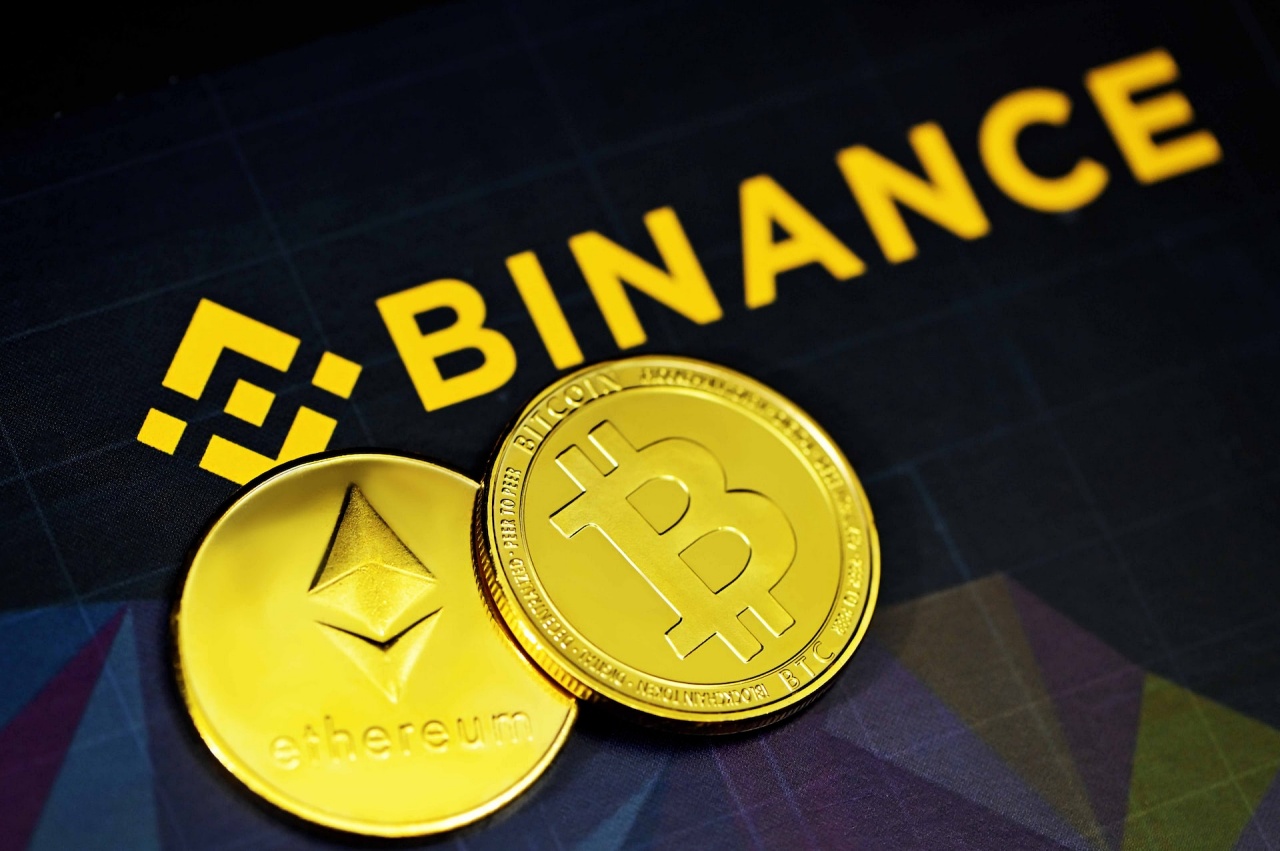Binance blockchain company recently admitted it had made a mistake involving customer funds. It said that it has mistakenly mixed user funds with holding collateral tokens.
Binance, which is considered the largest crypto exchange firm in the world based on trading volume, confirmed it has incorrectly kept collateral for some of the crypto assets it provides in the same wallet as funds owned by its customers. According to Bloomberg, the company’s spokesperson said the action was not intended and only happened by accident.
It has issued 94 Binance-peg tokens or B-Tokens and reserves, where nearly half were stored in a cold wallet that Binance calls Binance 8. This wallet has more tokens than the required number of tokens issued.
It was explained that the tokens are supposed to be 1:1 in ratio, the surplus shows that the collateral was accidentally mixed with tokens owned by customers. After learning of the mistake, Binance said it is moving the collateral out of the shared wallet.
“Collateral assets have previously been moved into this wallet in error and referenced accordingly on the B-Token Proof of Collateral page,” Binance’s spokesman told the publication. “Binance is aware of this mistake and is in the process of transferring these assets to dedicated collateral wallets.”
Moreover, on a note forwarded to CoinDesk, CEC Capital’s crypto trading adviser, Laurent Kssis, said that when collateral is mixed together and utilized for trading, it will lock up. As a result, customers or holders of assets will not be able to withdraw since the pool could be reduced.
Kssis further said that what happened only meant there was no separation of assets, the collateral used and customers’ funds. The problem with this is that owners will not be able to withdraw due to a lack of funds.
“This could resonate like what FTX and Alameda did on a daily basis,” the crypto adviser stated. “An audit would generally highlight such shortcomings and ask to remedy it immediately. If Binance was regulated, this would be an essential part of their internal controls.”
Photo by: Kanchanara/Unsplash



 Instagram Outage Disrupts Thousands of U.S. Users
Instagram Outage Disrupts Thousands of U.S. Users  TSMC Eyes 3nm Chip Production in Japan with $17 Billion Kumamoto Investment
TSMC Eyes 3nm Chip Production in Japan with $17 Billion Kumamoto Investment  U.S. Stock Futures Rise as Trump Takes Office, Corporate Earnings Awaited
U.S. Stock Futures Rise as Trump Takes Office, Corporate Earnings Awaited  Alphabet’s Massive AI Spending Surge Signals Confidence in Google’s Growth Engine
Alphabet’s Massive AI Spending Surge Signals Confidence in Google’s Growth Engine  KiwiSaver shakeup: private asset investment has risks that could outweigh the rewards
KiwiSaver shakeup: private asset investment has risks that could outweigh the rewards  Gold Prices Rise as Markets Await Trump’s Policy Announcements
Gold Prices Rise as Markets Await Trump’s Policy Announcements  Rio Tinto Shares Hit Record High After Ending Glencore Merger Talks
Rio Tinto Shares Hit Record High After Ending Glencore Merger Talks  China’s Growth Faces Structural Challenges Amid Doubts Over Data
China’s Growth Faces Structural Challenges Amid Doubts Over Data  Washington Post Publisher Will Lewis Steps Down After Layoffs
Washington Post Publisher Will Lewis Steps Down After Layoffs 
































